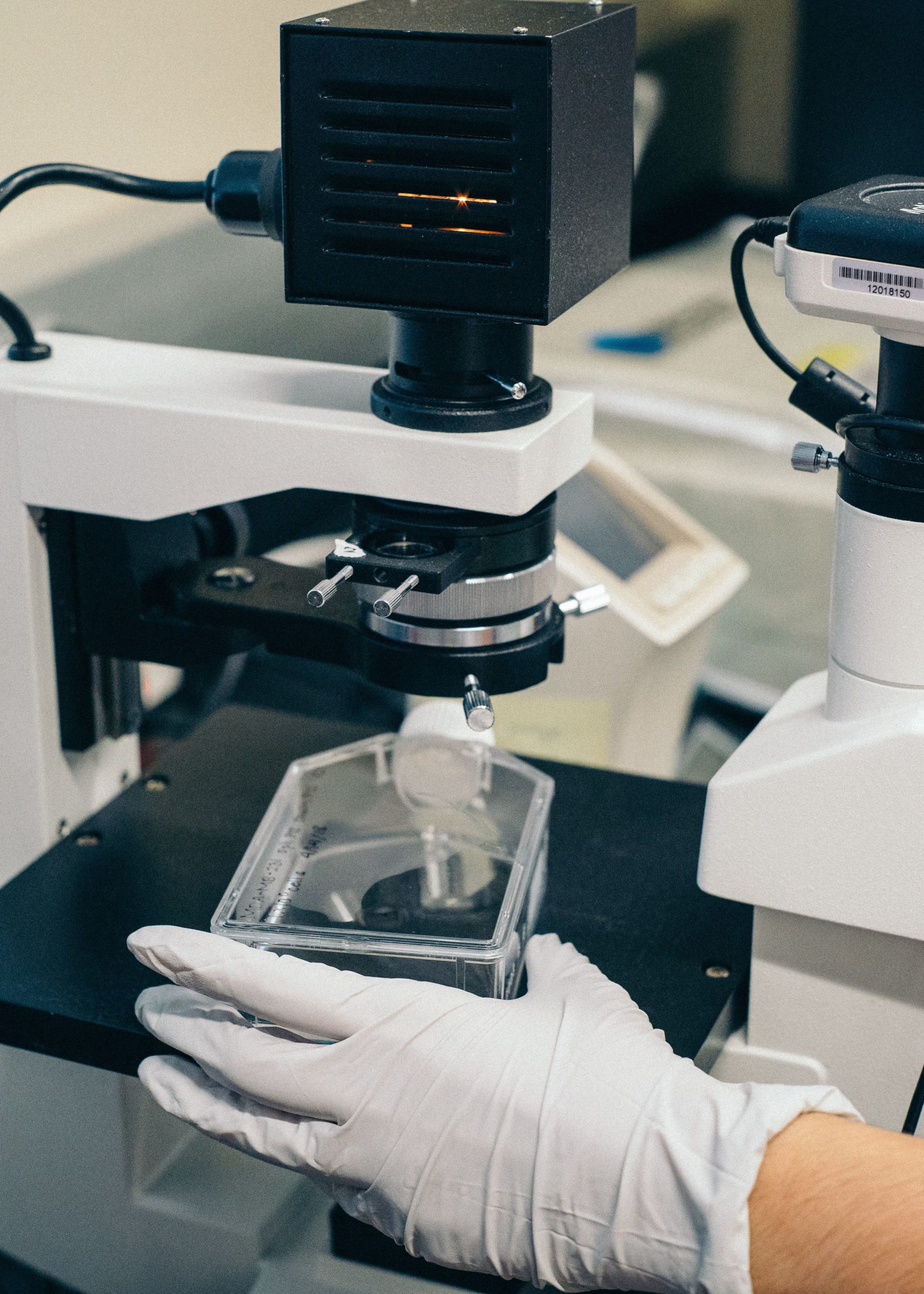Drug-resistant superbugs are officially the fourth leading cause of death in the US, after heart disease, cancer, and injuries. Washington University researchers have found that superbugs, which proliferate in hospitals, cause as many as 162,000 deaths annually. The problem is by no means limited to the US. The WHO has declared that antimicrobial resistance is one of the top 10 global public health threats faced by humanity. The good news is that scientists are beginning to know more about superbugs, which enables them to target weaknesses in their functioning and structure. New findings by researchers from the Universities of Newcastle, Sheffield, and Glasgow, have shown that the superbug C. difficile has an impressive protective armor that is similar to a knight’s chain mail.
 Breaking Metal
Breaking Metal
The scientists discovered that the protein forming the outer layer of C. difficile, SlpA, is very tightly packed and has narrow openings that allow only very few molecules to enter cells. Most S-layers in other bacteria have wider gaps, so bigger molecules can get through. This may explain why C. difficile is so resistant to antibiotics and to immune system cells that try to attack it. The discovery has given scientists an important new goal of finding drugs that can break the bacteria’s “chain mail” structure so that treatment can get through the cell and terminate it.
C.difficile Germs Currently Proliferate in Hospitals
Because C. difficile infections can be contracted in healthcare settings, thorough hospital cleaning is key. This type of cleaning is a unique process that involves decontamination as well as usual cleaning procedures. The proper disposal of waste material is also important to prevent further spread. Hospital superbugs develop because of unhygienic and unclean medical environments. In addition to specialized cleaning of floors, walls, windows, rooms, roofing, carpets, bathrooms, and more, it is also vital for staff to follow strict hygiene protocols.
What Problems Does C.difficile Cause?
C.difficile infections cause severe diarrhea and colitis(colon inflammation). It tends to be recurrent, with one in six people getting this infection again two to eight weeks after first succumbing to it. The infection can be deadly, with one in 11 people aged over 65 diagnosed with it dying within one month. The specific risk factors for C.difficile infections include being older, having recently stayed at a hospital or nursing home, having a weakened immune system because of conditions like HIV/AIDS or cancer, or any condition necessitating immunosuppressive medication, and having had a previous infection or exposure to these germs.
Scientists from the Universities of Newcastle, Sheffield, and Glasgow have discovered that C.difficile superbugs have a unique, armor-like structure that makes it difficult for medication and immune cells to penetrate them. This discovery has enabled them to target these bugs with an approach that would create bigger, more penetrable holes in the cells’ protective protein layer. Hospitals can also help to battle the superbug problem by prioritizing professional cleaning and by ensuring that staff follows pertinent protocol.






